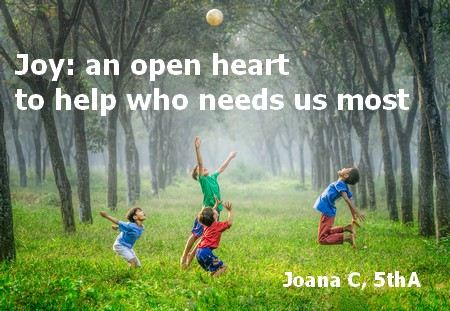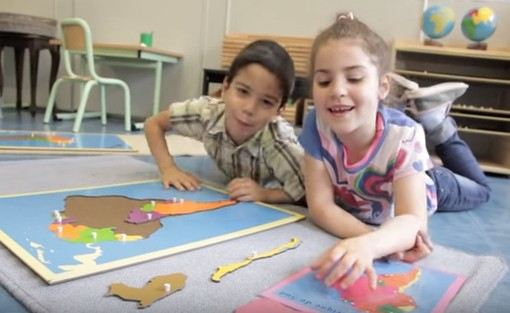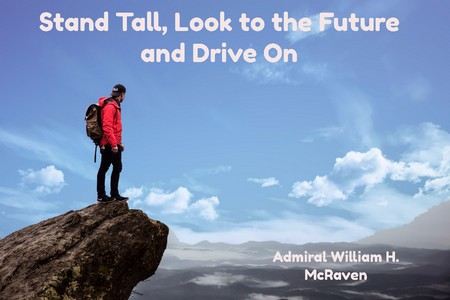Photo by Robert Collins on Unsplash
Fifth Grade Guest Bloggers: Text at Three Hands
As a seed germinates and becomes a flower, hope springs and easily rejoices our heart, as, such as a seed, Joy needs to be cared until it grows and becomes greater than the sum of its parts.
On Christmas Day, we just awake and happiness comes in: we look at the day, we find ourselves in Joy. Christmas is a Family moment, everyone is happy from his heart and, with passion, we receive and give presents – we feel gratitude.
When we rejoice, it’s something extraordinary: in love, there is such Joy that we can’t stop smiling.
True friends are always at our side, when we need them and even without being called: they play with us, they are like brothers for ever and they never will leave us.
If Joy was an animal, it would be a little rabbit, running in its freedom, passion and unending emotion.
The Joy of the Family is such a tender thing we can’t even explain it, for there is so much love flowing that, if we try to count it, it reveals to be infinite.
The dove of Joy flying and spreading through our souls: we jump, play and sing rejoicing for loving others and for being loved.
There may be no end to Joy: at its best, it unfolds as love towards friends and family; to be good, to get along with people and a total well-being with friends.
Joy: an open heart to help who needs us most.
As a torrent pouring over us, Joy is able to keep growing, without boundaries.
Free, singing over me, the rain of Joy!
Mariana L., Matilde Cons. e Joana Cb.
5th A
Translated from the Portuguese by Ines




